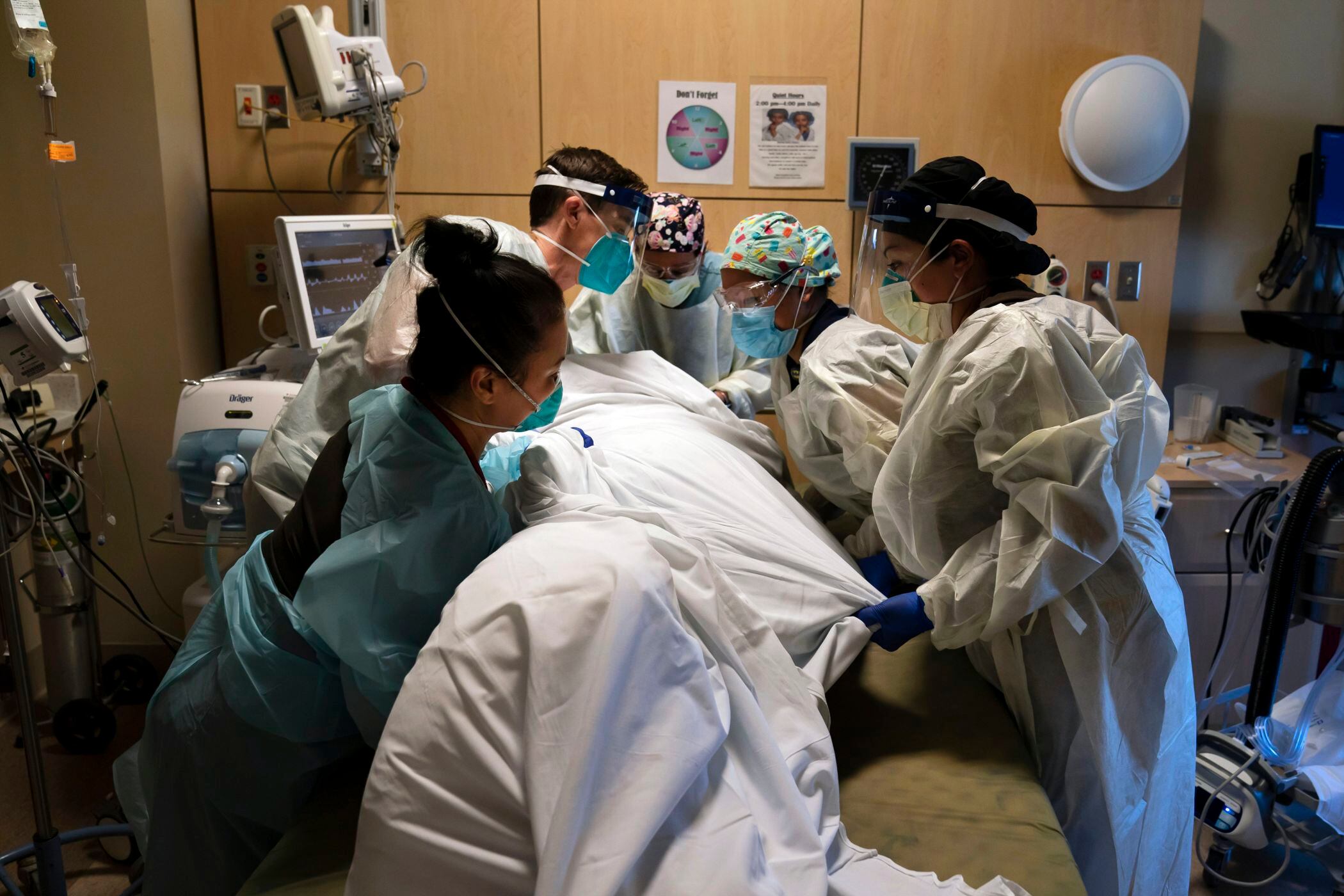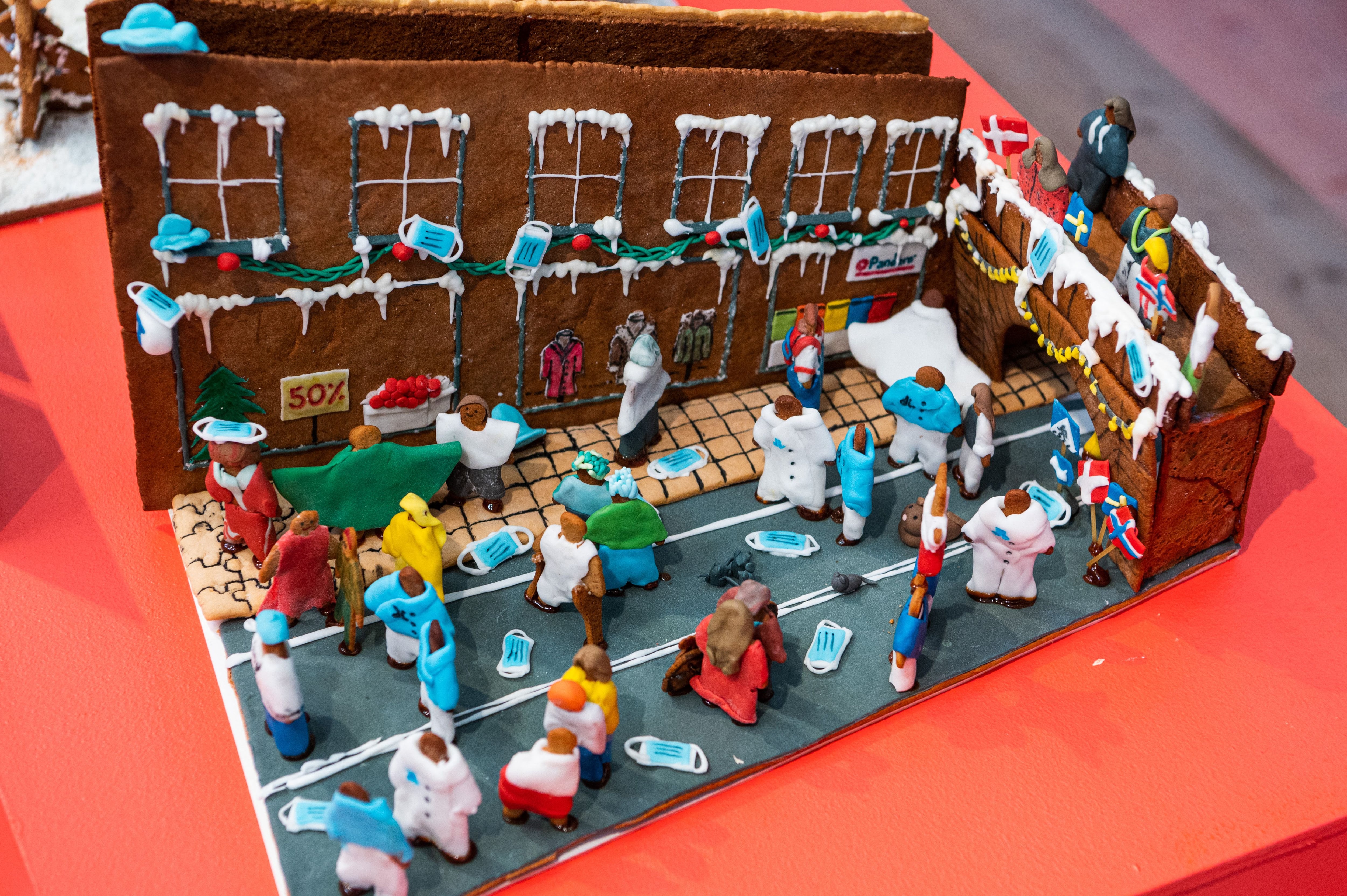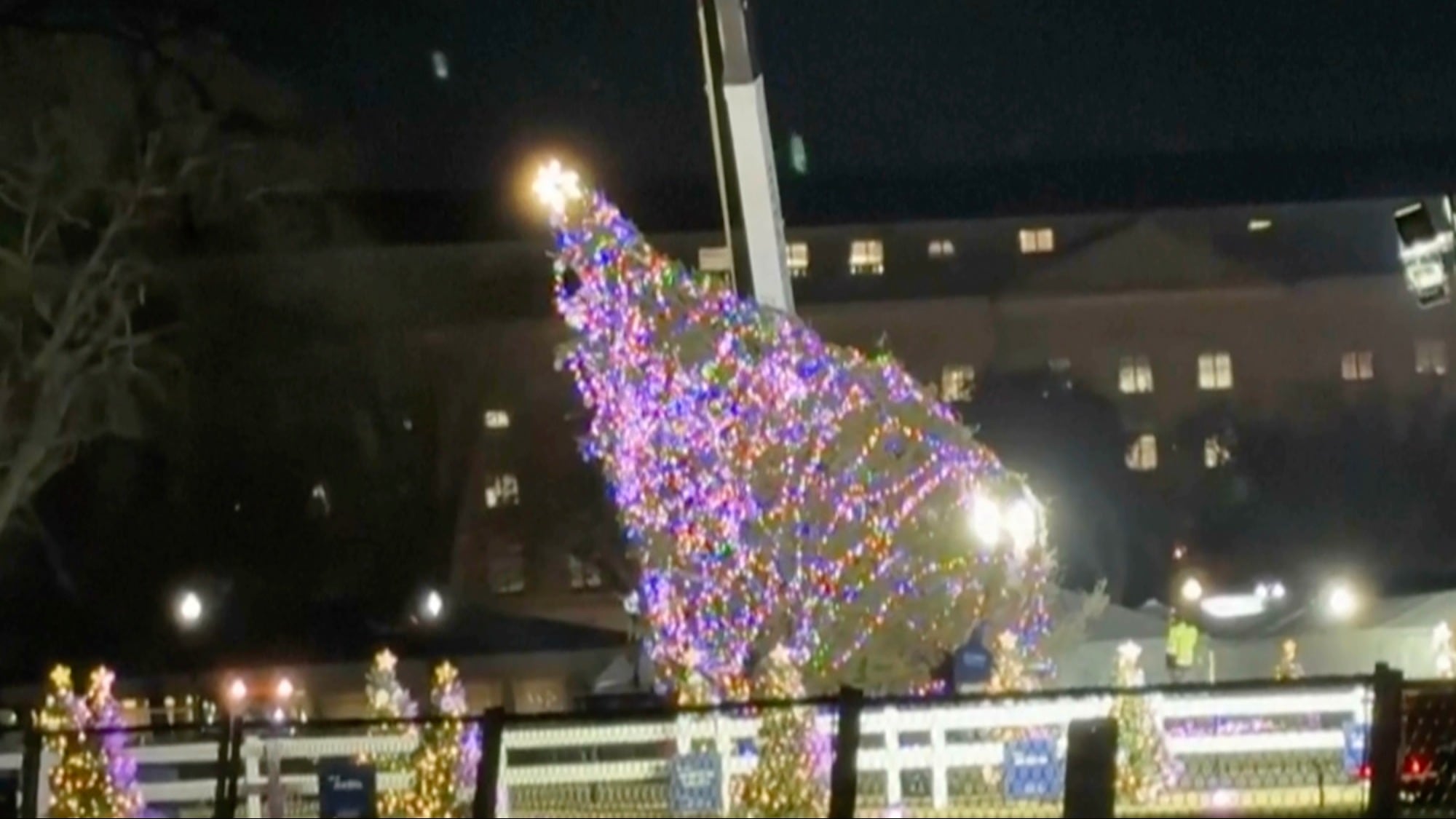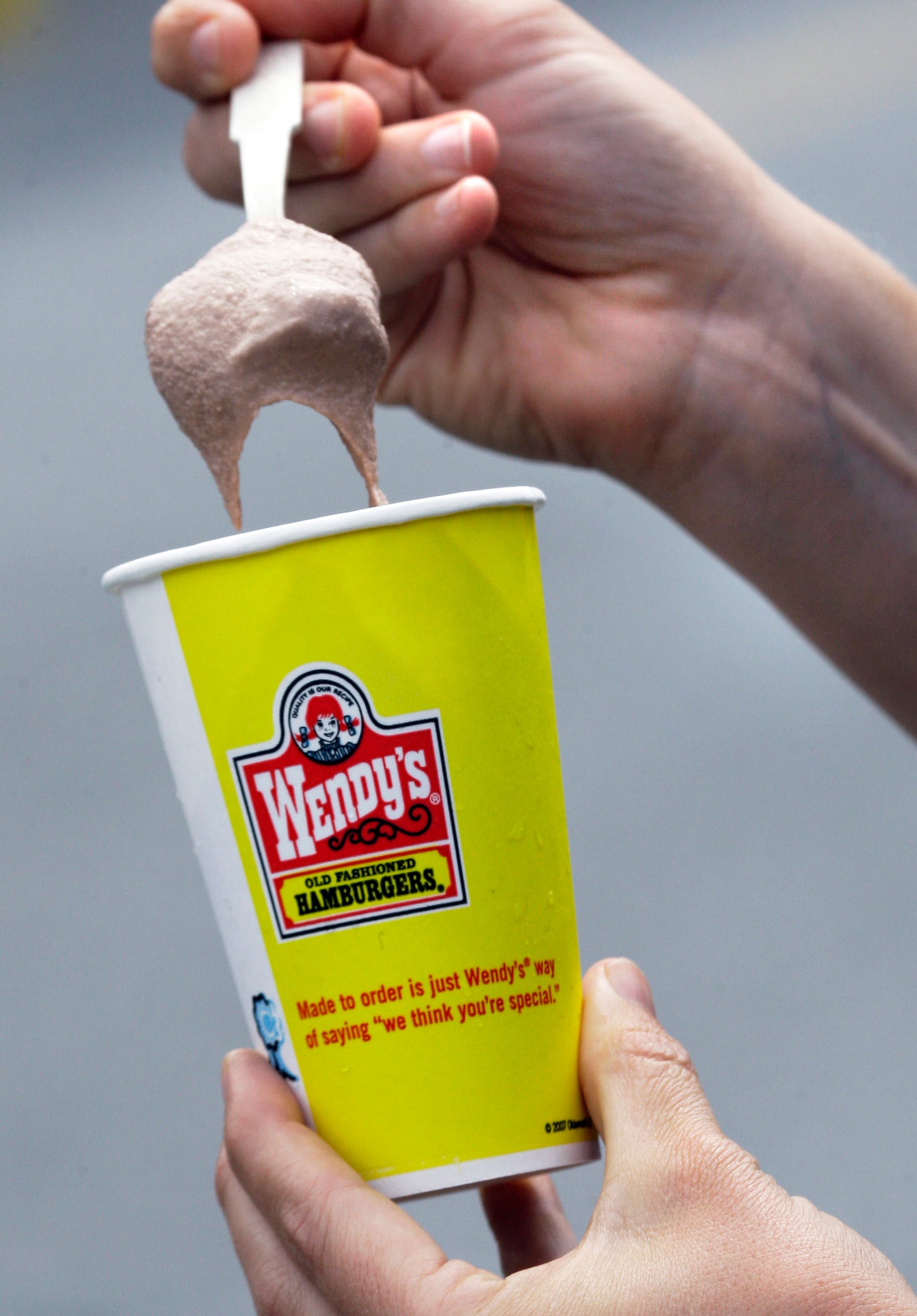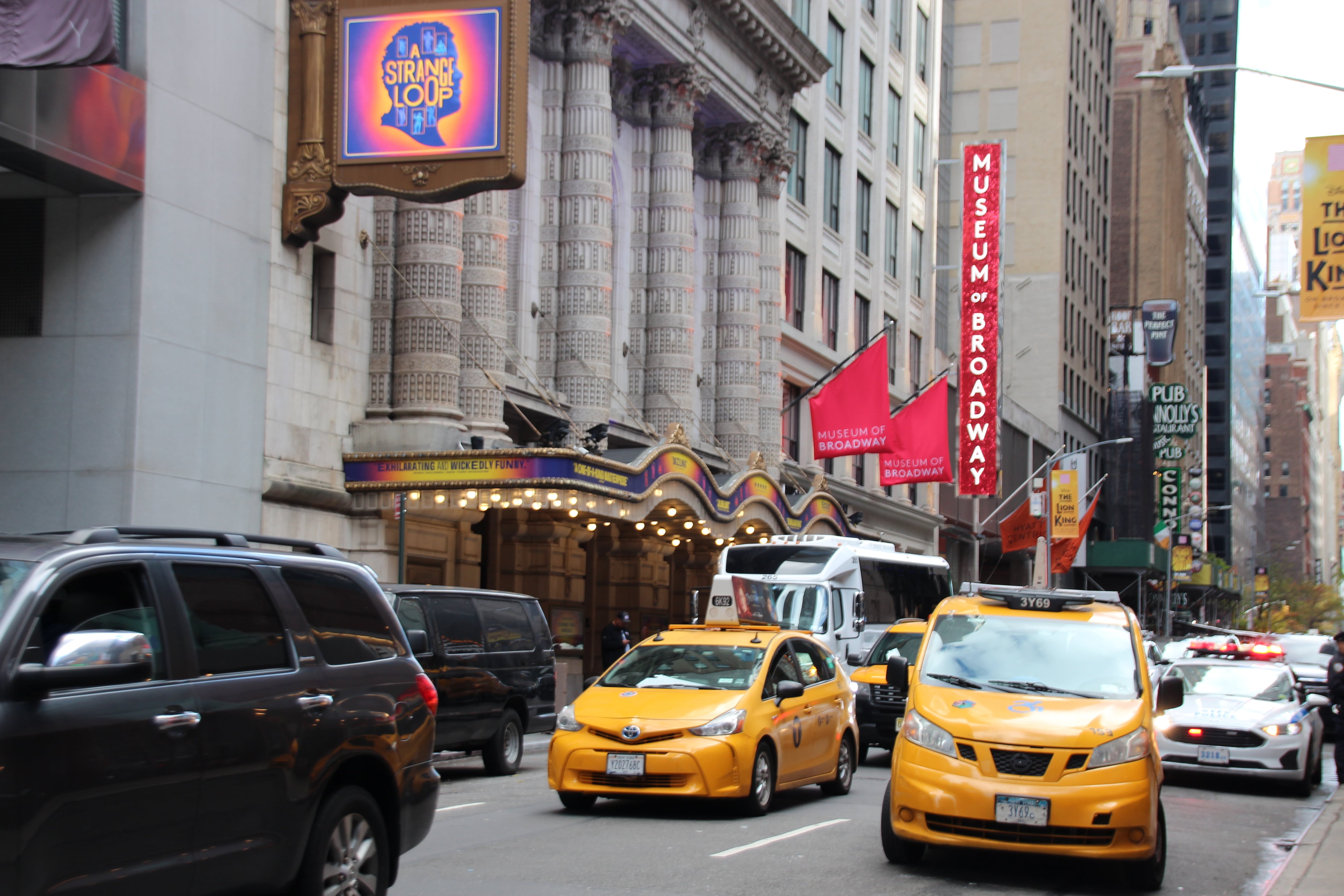By Sam Metz
The U.S. recorded over 3,100 COVID-19 deaths in a single day, obliterating the record set last spring, while the number of Americans in the hospital with the virus has eclipsed 100,000 for the first time and new cases have begun topping 200,000 a day, according to figures released Thursday.
The three benchmarks altogether showed a country slipping deeper into crisis, with perhaps the worst yet to come, in part because of the delayed effects from Thanksgiving, when millions of Americans disregarded warnings to stay home and celebrate only with members of their household.
Across the U.S., the surge has swamped hospitals and left nurses and other health care workers shorthanded and burned out.
“The reality is December and January and February are going to be rough times. I actually believe they are going to be the most difficult time in the public health history of this nation,” Dr. Robert Redfield, head of the Centers for Disease Control and Prevention, said Wednesday.
Health authorities had warned that the numbers could fluctuate strongly before and after Thanksgiving, as they often do around holidays and weekends. Because of reporting delays, the figures often drop, then rise sharply a few days later as state and local health agencies catch up with the backlog.
Still, deaths, hospitalizations, and cases in the U.S. have been on a fairly steady rise for weeks, sometimes breaking records for days on end.
The bleak portrait comes as states decide how the vaccine will be distributed when it’s authorized by the federal government, as expected next week.
States face a Friday deadline to submit requests for doses of the Pfizer vaccine and specify where they should be shipped. Because vaccine availability is expected to be limited until the spring, most states are expected to follow guidelines adopted by the CDC this week that say health care workers and nursing home patients should be first in line.
But some are considering whether to open the line to other workers they consider essential.
Arizona Gov. Doug Ducey said he wants teachers to get priority to keep schools open. Firefighter groups wrote the Minnesota governor this week, asking to be placed in the first group. The Illinois plan gives highest priority to health care workers but also calls for first responders to be in the first group to get the shot. Others are struggling with where to put prisoners in the pecking order.
In Nevada, where tourism and hospitality fuel the economy, officials initially assigned first priority to retail workers, teachers, police officers and airport operators. But they said Wednesday that they would revise that plan to conform to the CDC guidance, which is not binding on states.
Keeping health care workers on their feet is considered vital to dealing with the crisis. And nursing home patients got priority because they are highly vulnerable to the virus. Patients and staff members at nursing homes and other long-term care centers account for 39% of the nation's COVID-19 deaths.
The American Health Care Association and the National Center for Assisted Living sent a letter Tuesday to the National Governors Association urging states to include nursing homes and similar institutions in the first round, noting that more than 100,000 residents have died from COVID-19.
“A one-month delay in administering the vaccine at long term care facilities could cost more than 10,000 of our residents their lives. The speed of which states can vaccinate our residents has significant life or death consequences,” the letter said.
Nationwide the coronavirus is blamed for over 270,000 deaths and 14 million confirmed infections.
The U.S. recorded 3,157 deaths on Wednesday, according to the tally kept by Johns Hopkins University. That's more than the number of people killed on 9/11, and it shattered the old mark of 2,603, set on April 15, when the New York metropolitan area was the epicenter of the U.S. outbreak.
The number of people in the hospital likewise set an all-time high Wednesday, according to the COVID Tracking Project. It has more than doubled over the past month.
Also, the number of newly confirmed infections climbed just over 200,000 Wednesday for the second time in less than a week, by Johns Hopkins' count.
___
Associated Press writers Geoff Mulvihill in Davenport, Iowa; Jonathan J. Cooper and Terry Tang in Phoenix; Steve Karnowski in Minneapolis; and Tammy Webber in Fenton, Michigan, contributed to this story.
Updated on December 3, 2020, at 12:51 p.m. ET with byline and the latest information.
